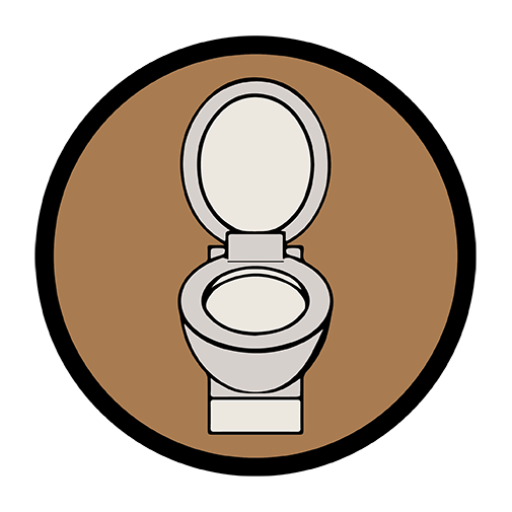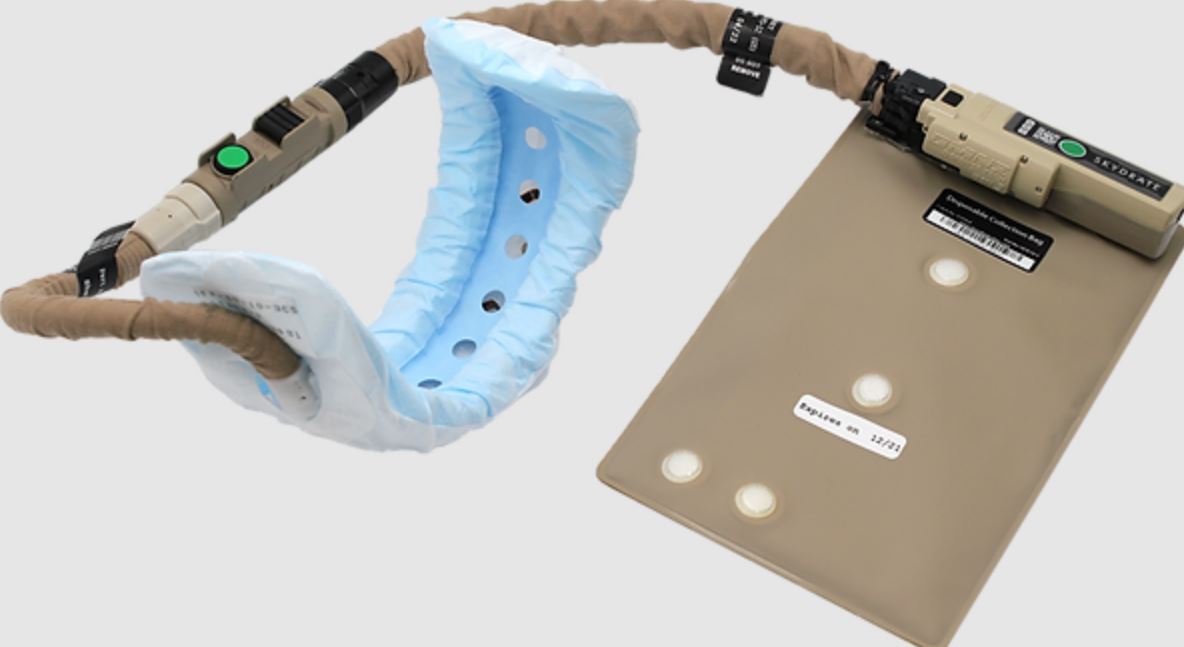A known issue especially during long missions
The USAF is going to adopt new equipment to make urination during flight simpler for fighter pilots, especially for female pilots, potentially resolving a long-standing issue for pilots who need to answer nature’s call in a restricted cockpit.
Last year, the Air Force began looking for industry partners for its Sky High Relief Challenge, stating in its request that the service “needs an improved bladder relief system that allows female aviators to hydrate adequately and relieve themselves during flight without interfering with operations or compromising flight safety”.
Over time, global needs and aerial refueling have increased mission sortie flight times. Routine flights in the huge Pacific theater, for example, can frequently exceed ten hours.
However, existing bladder-relief equipment was insufficient for pilots flying those missions. “The Air Force recognized that current devices were not optimized for long-duration sorties, and as a result, aircrew were routinely dehydrating themselves to delay the need for bladder relief”, ACC explained.
This was a huge problem for pilots, especially female pilots, who had previously resorted to “‘tactical dehydration’ to avoid the inconveniences and potential hazards of having to relieve oneself in flight”, according to the Air Force.
In addition, there’s also a higher chance of suffering from kidney stones, urinary tract infections, and other health issues.
A similar problem occurred in early NASA space missions when astronauts used to eat a full breakfast of steak and eggs before traveling to the launch pad. It was and still is a meal with a highly practical purpose, dating back to the bomber crews of WWII. The astronaut had to put off the time for a bowel movement as long as possible by eating a high-protein meal before boarding a spacecraft.
Problems with bladder-relief equipment have also resulted in aircraft losses, notably in the example of a veteran F-16 pilot who crashed his fighter plane into a Turkish mountainside while trying to relieve himself in 1992.
As a result, you have three options: wear an adult diaper, hold it in until you get back on the ground, or use a tube and bag system to take the urine away.
However, diapers are inconvenient and downright humiliating. Holding it in means the pilot is either risking bladder damage or dehydrating purposely before the flight, which can cause headaches, a 50% reduction in G-tolerance, and an increased risk of G-induced loss of consciousness, as well as cognitive and visual impairment.
So, the Air Force will soon receive the Omni Gen. 3 Skydrate in-flight bladder-relief device, according to a press statement issued by Air Combat Command.
Among other features, the new system has a larger bag, different hose lengths, and a higher flow rate. It may also be turned on and off with one hand by pilots.
30 female airmen evaluated the Skydrate device, which can also be used by male pilots, in hours-long wear tests at the Omni facility, with nine pilots doing flight testing at three different bases, according to ACC.
“This is a good example of using a ‘fly, fix, fly’ model to prioritize female aircrew feedback and speed up the testing process to field the device quicker”, Sharon Rogers, lead test engineer for the 46th Test Squadron at Eglin Air Force Base in Florida, said. In one year, the Skydrate system was built and tested.
According to Maj. Nikki Yogi, an F-35A pilot who participated in the testing and had a bad experience with the old system as an A-10 pilot, pilots “should be focused on taking the fight to the enemy, not on whether their bladder relief device is going to work or be comfortable to use”.
Early this month, the first shipments of the new Skydrate system will arrive, and aircrews will be able to use it by the spring of next year.
The service is also looking into different designs so that pilots have a choice and can select the system that best suits their needs.
Source businnessinsider.com

